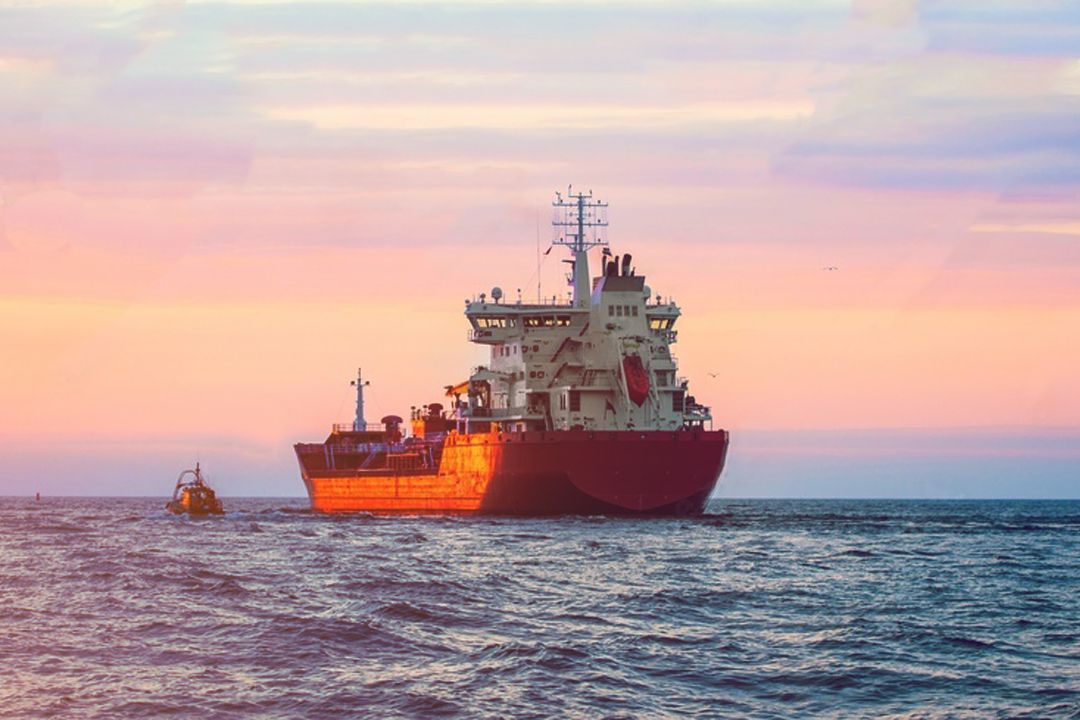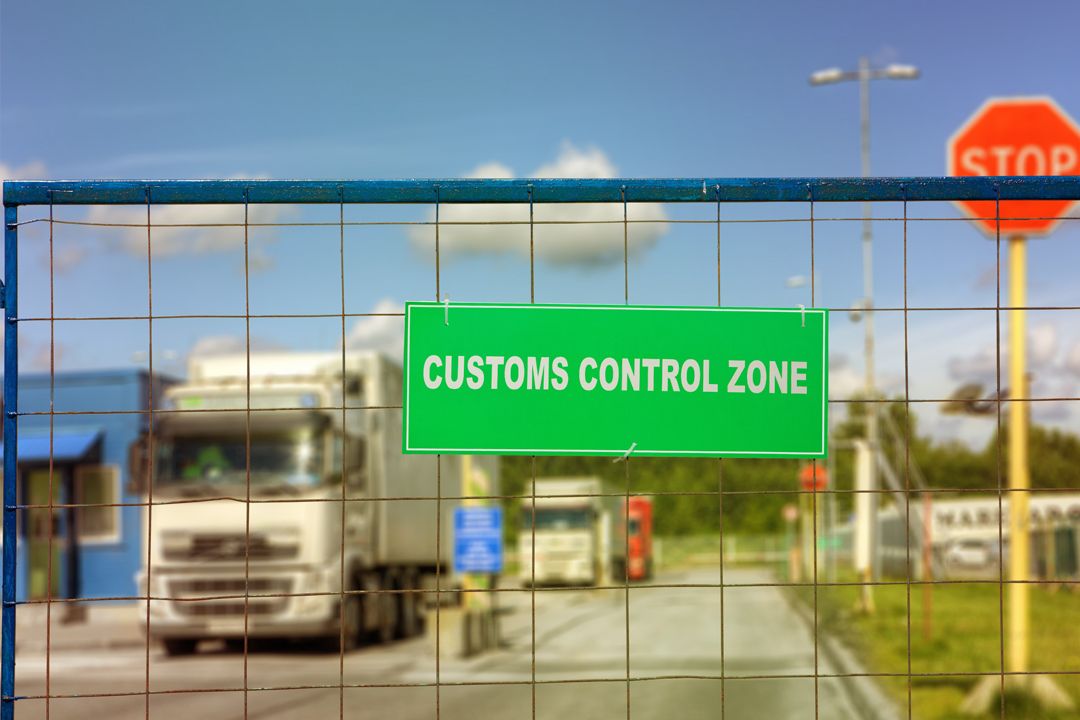
Logistics and shipping issues in global trade always cause problems for exporters and importers, requiring more knowledge. It may seem a bit complicated at first. This includes a thorough understanding of the rules of ocean shipping. The ocean freight industry needs careful consideration that all actions must be taken in a planned manner. Procurement and international shipping issues are always challenging for importers and exporters. Global planning and transportation affairs are always challenging for importers and exporters. The purpose of this study is to examine the problems of the shipping industry, which can lead to unforeseen losses for traders. We will look at issues such as customs and clearance issues, duties and taxes, possible damages, and other logistics and shipping issues.
Customs examinations
It is not uncommon for customs to conduct random checks on shipments. Most shipments are not examined. Between 2% and 10% are. That's a relatively small portion. The customs department will eventually inspect your cargo if you regularly import and export goods. It doesn't matter if you're at Dutch customs, US customs, or anywhere else - you'll want to know what to expect if your cargo is randomly inspected.

Custom clearance difficulties
Each country's customs department has different priorities. Others inspect specific types of shipments or are country-specific, while others conduct random inspections. Importers should always provide freight forwarders with accurate information. It is detrimental to your relationship with customs officials to give misleading information. False information leads to distrust, and you do not want that with customs officials! Complete information ensures a smoother freight process and prevents sudden circumstances, which is the beginning of one of the logistics and shipping issues.

Costs of delay
Holdings and exams cause delays. Delay-related fees result. The reasons for these issues range from late freight release to inspections. Demurrage, detention, and per diem are the most common delay charges. These charges are different. You should know how they differ so you can negotiate effectively with your shipping line or trucking company. This is how you can better deal with logistics and freights problems.
For example, if you are exporting fruits that require special care, a sudden delay in each step should be anticipated so as not to damage the product.
Persian dates are one of the products that Vira Fruits Company, as its exporter, is sent in full compliance with the principles of exporting food products in perfect health, and this company is one of the main suppliers in the Middle East.
Missing papers
Bills of Lading are the most important documents in the shipping process. Shippers often lose these important papers. The release of your shipment will be delayed if they go missing. Make sure your original Bill of Lading is couriered through a reliable channel; otherwise, you will face other logistics and shipping issues. Depending on your relationship with your supplier, you may opt for a Telex Release or an Express Release. If you are shipping cargo and intend to ship it to a particular port, you might need specific paperwork.
Taxes and duties not paid
It depends on the cargo you're shipping and which port your shipment is heading to whether you need specific paperwork. Taxes are based on the value of the shipment. Certain commodities are prohibited, while others require special permits. Auto-shipments, for instance, require particular documents. Be sure to check the HS Code for the item you're shipping, as you may have to pay additional duties and taxes. Ensure you have the documents required by the different ports to ensure that your shipment will go through without any problems.
Having overweight shipment
Overweight or unevenly distributed cargo in the container is a common problem shippers face. Sometimes, the paperwork submitted doesn't match the weight of the container. When the trucker picks up the container, he might need different equipment to lift it. The weight might be too heavy for him to transport because it exceeds the weight limit. In order to ship containers properly, make sure you understand the IMO's Verified Gross Mass regulations and the road weight limits.
Damage to the cargo
It’s not unusual for cargo to arrive damaged. Make sure your cargo is properly secured inside the container at the origin. Approximately 95% of cargo damage is caused by improper packing and/or storage. For importers who intend to trade internationally, it is very important to work with professional companies. For example, the export of fruit is one of the goods that need care during shipment. As a result, a great fruit exporter like Vira Fruits, Salix and, Zespri must take the necessary measures for the health of the goods until they reach their destination. As such, you should know the basics of loading a container.
Cargo damage due to carrier/terminal mishandling is very rare. Be sure to file your insurance claim if your container is damaged. Ensure that you get compensated by following the proper procedures and through the proper channels.
Mistakes and punishments
Importing cargo often involves complying with regulations. Failure to do so can result in fines and penalties. You need to know who's responsible for what. Submit these on time before your shipment leaves the last foreign port. Submit these on time before your shipment leaves the last foreign port. Failure to do so will result in heavy fines. So, you have to be very careful to avoid logistics and shipping issues.
In the export of food and agricultural products, any mistake can put the health of the goods at risk. Therefore, try to reduce mistakes as much as possible. Imagine a commodity like onions that are in trouble due to common mistakes while exporting, and what damage will you suffer as an onion exporter?
Unexpected closures
A strike by port workers, truckers, or anyone involved in the shipping process can result in unexpected closures. A work stoppage can occur at origin or destination and is bound to cause disturbances. When work resumes, it will still take time to clear the congestion.
 icons at the top right corner of the subsection.
icons at the top right corner of the subsection.